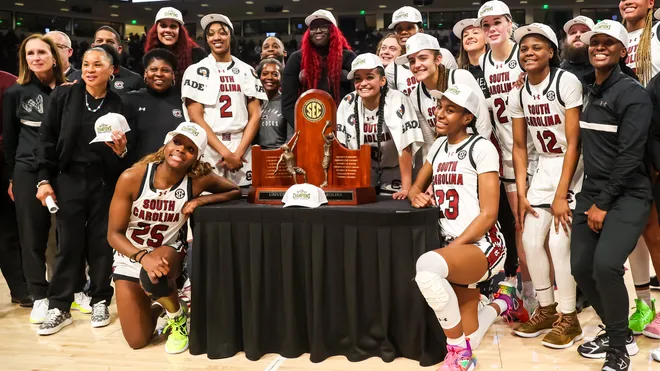It is the second semester in junior year. Classes are stressful and homework is intense. All that one can focus on is simply making it through the next few months; however, while it appears that an eleventh grader’s graduation is still a lifetime away, it will come faster than one can ever imagine, which is why it is so important that juniors begin to prepare themselves for the grueling college application process.
“Give it your all your senior year. After this, you are not going to be a high schooler ever again, so do what you enjoy, and try hard because you are setting yourself up for your own future,” Madison Hall, senior, said.
Despite many colleges making the SAT/ACT tests an optional part of their application following the COVID-19 pandemic, some universities, such as the University of Georgia, have already gone back to requiring at least one test score for submission. While some students like to wait until their senior year to begin the testing process, it often adds excessive weight onto their shoulders. If one can take either the ACT or SAT beginning in their junior year, there will be plenty of time to retake them as needed before application deadlines. The next ACT date that one can still sign up for is on April 13, with the registration deadline being March 8. The next SAT one can take is on March 9, and the deadline to sign up is Feb. 23.
“One piece of advice I would give to juniors about college admissions would be to really study for the ACT/SAT. Try and get the highest score possible because it matters when applying to schools early. I would also focus on making sure you are involved within your community, as being a well-rounded student is important,” Walker Baird, senior, said.
While one may have spectacular grades and test scores, colleges typically analyze applicants holistically, meaning they look at the person as a whole rather than focusing on one piece of their resume. Because of this, it is vital that students work to beef up every part of their application, especially extracurriculars and activities. Obtaining leadership in extracurriculars will only further boost an applicant’s standing. If a student demonstrates that they can successfully balance clubs, jobs, and sports alongside their schoolwork, universities will be more inclined to accept that student over one who simply has a 4.0 grade point average.
“My advice would be for juniors to stay on top of their schoolwork and extracurriculars both inside and outside of school. But they should not let it get over their heads because, above all, they should be enjoying the moment they are living in,” Samantha Durst, senior, said.
To really get a head start on applications, the second semester in junior year is the perfect time to begin brainstorming topics for all the essays required in the applications. Though the essay prompts do not typically get released until late July or early August, having a relative idea of what one wants to share with admissions officers can make the actual writing process easier later on. There is one essay most colleges require known as the personal essay, and this will represent the applicant as a whole and the type of person they are. While this essay can be sent out identically to all schools, many universities also have one to two individual essays of their own known as supplementals, which will be more specific to them and what exactly they are looking for.
“Students should make sure their college essay is unique to them because it is important to try to stand out. If they want to get into bigger colleges, they also should make sure they are involved in extracurricular activities outside of sports. Providing for the community is a great option,” Ashley Eagle, senior, said.
If one does not know when the best time is to begin preparing for the rigorous journey that is the college application process, start now.














